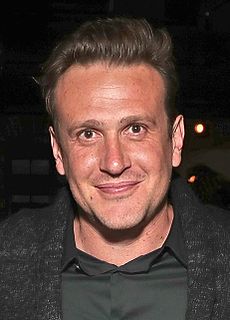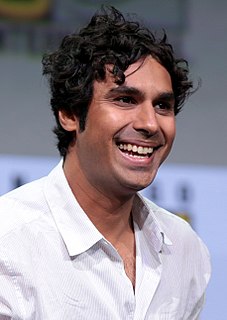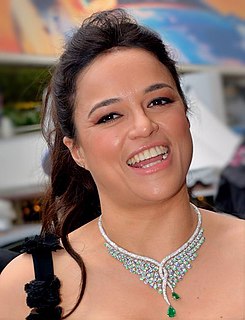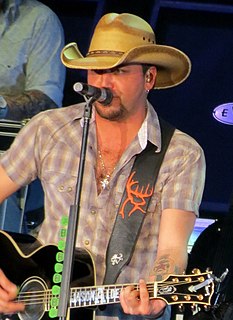A Quote by Mark Ruffalo
Artists have always been the front line; that's part of our responsibility. But a lot of the big actors come out, they get slammed, and then they retreat.
Related Quotes
People are very uncomfortable when you call actors artists because there are a lot of actors out there that aren't artists - there are a lot of actors that are hired for very specific reasons that are shallow and have to do with sexual currency and what the industry thinks sells. Real actors are artists, they're expressionists.
I've been really lucky to spend some time around actors and artists I really admire. One thing I gathered from asking a lot of questions is that part of this job and this life we've chosen is doing personal exploration in front of an audience. In a lot of ways, that's what art is: personal searching with people watching.
The artists always reflect the times, so there's a lot to think about, a lot of unknowns, a lot of things that are describable. This is the closest I've seen to the kind of ambience that made the '60s happen. It's not about the artist having a responsibility to do anything. They have to be artists and express themselves and everything will work out fine.
I think that for a lot of actors - especially American actors - to get line readings and to be told and have your director literally act out the part for you is sort of discouraging in a way. It's a very Eastern European thing to do - a lot of directors that I worked with in Russia did that as well. And, I never took that as an insult, as many actors tend to do. To me, I think it's just offering a certain energy - offering their flavor - and, instead of trying to sort of decode and communicate it to you, they just show you their flavor of what it should be.
What I learned about acting, from my experiences directing, is why so many producers and directors don't like actors. You go through all of this work securing a location, figuring out how to get electricity there, how to get trucks parked where they need to be, and where catering is going to come from. And if the actors don't come up with some magic, it actually didn't matter. That creates a lot of animosity towards the actors.
The casting is the most important thing. If you cast a picture really well a lot of things take care of themselves. You get actors that like to give a lot to the role and who appreciate the role on the same level that you do. If you miscast it, you're working an uphill battle a little bit and maybe you can come out okay but you can't always come out great.
I think the success of every novel - if it's a novel of action - depends on the high spots. The thing to do is to say to yourself, 'Which are my big scenes?' and then get every drop of juice out of them. The principle I always go on in writing a novel is to think of the characters in terms of actors in a play. I say to myself, if a big name were playing this part, and if he found that after a strong first act he had practically nothing to do in the second act, he would walk out. Now, then, can I twist the story so as to give him plenty to do all the way through?
The hardest thing to do in movies is be a day-part player. You have to go in, make your mark, and get out. There's a lot of leading actors who are not good for a lot of a movie, and then suddenly they have good moments, and they're like stepping-stones across a particularly feisty stream. They build careers out of that.


































